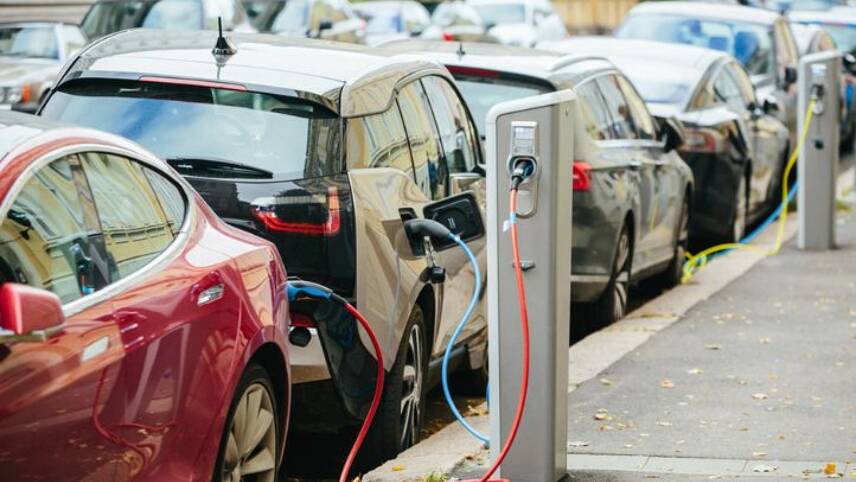Much needed! Repost from Edie.

The UK’s public chargepoint network currently stands at around 74,000 available chargers.
The Department for Transport has confirmed today (7 March) that 13 local authorities, supported by Midlands Connect, have secured £40.8m from the Local EV Infrastructure (LEVI) Fund to support the rollout.
The LEVI Fund aims to accelerate the commercialisation of, and investment in, the local charging infrastructure sector.
The new funding will improve access to charging, particularly for those without off-street parking, and will extend infrastructure into smaller towns and rural areas.
It forms part of Labour’s pledge to allocate £2.3bn to ease the UK’s transition to EVs, while creating create jobs and strengthening the UK’s clean energy sector. Last week, it announced £120m to help businesses and individuals buy zero-emission vans, taxis and electric motorcycles.
Future of Roads Minister Lilian Greenwood said: “Making charging as seamless and as easy as possible is crucial to making the switch to electric a success and rolling out over 16,000 chargers across the Midlands will make driving an EV cheaper and easier, especially for those without a driveway.
“EVs will power growth, cut emissions and improve lives in the Midlands and beyond as we continue to deliver our Plan for Change.”
The UK’s public chargepoint network currently stands at around 74,000 available chargers, of which nearly 20,000 were added in the past year.
Charging hubs for HGVs
In a related development, Innovate UK has announced that 54 new charging hubs for zero-emission heavy goods vehicles (HGVs) will be built under its Zero Emission HGV and Infrastructure Programme.
The hubs will be located at depots, motorway services and key transport routes across the UK, providing charging and hydrogen refuelling for freight operators.
The announcement was made at the Zero Emission HGV and Infrastructure Demonstrations summit in London, where more than 400 businesses discussed the future of the freight sector.
The charging hubs will be developed through four key partnerships—Project Electric Freightway, eFREIGHT2030, ZENFreight and HyHAUL—to establish a nationwide network for zero-emission freight transport.
The Government says the investment will ensure EV drivers and freight operators have reliable access to charging, regardless of location.
Innovate UK’s knowledge transfer manager for zero emission mobility Simon Buckley said: “The announcement of 54 new infrastructure hubs marks a transformative moment for the UK’s freight industry.
“By strategically placing these hubs across the country, we are addressing one of the biggest barriers to zero-emission HGV adoption: reliable infrastructure.
“This programme not only accelerates the transition to cleaner transport but also strengthens supply chain resilience, ensuring businesses can move goods sustainably without compromising efficiency.”
